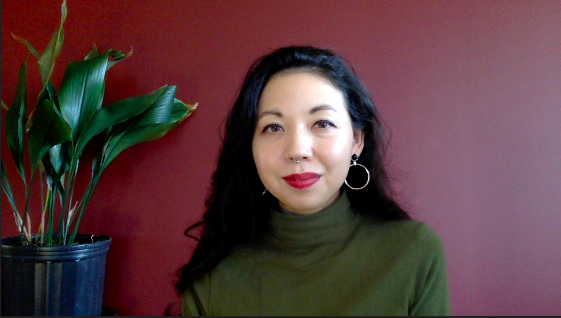VIDEO: Murphy's Law & Luck
You can plan, organize, and schedule all you want. Sometimes though, you just get lucky.
If you’re in Production in the Animation industry, you plan. It is literally our job to plan, schedule, be organized, provide reports, and study likely outcomes based on charts on Shotgun Shotgrid.
As such, we are particularly familiar with Murphy’s Law, an idiom that reminds us that anything that can go wrong, will go wrong. Like when it’s a Friday night, you have three major deliveries, and the network goes down.
Being in Production of course, there is the rote advice of preparing for Murphy’s Law: getting it all in writing, extra-clear communication, due diligence, etc. This is all fair and I would still encourage this. For this video, however, I want to get us thinking about something rather controversial when it comes to Murphy’s Law and Production: Luck.
For this, I’m turning to two women who are experts in completely different fields. One is Annie Duke a corporate consultant and former world poker champion, the other is Twyla Tharp, an Emmy and Tony-award winning choreographer.
Both Tharp and Duke are quick to respond to our discomfort or sometimes disbelief on luck having any major effect on our work.
Duke says in her book Thinking in Bets:
“We are uncomfortable with the idea that luck plays a significant role in our lives. We recognize the existence of luck, but we resist the idea that, despite our best efforts, things might not work out the way we want.”
-Annie Duke
Tharp fairly echoes Duke, saying
“Accepting the role of chance in our lives suggests that our creations and triumphs are not entirely our own, and that in some way we’re underserving of our success. I say, Get over it. This is how the world works. In creative endeavours, luck is a skill”
-Twyla Tharp
I think we in Production engage with luck on two kinds of levels in the day-to-day. One is of course, on the floor with our teams. To this point, THARP says:
“Your creative endeavours can never be thoroughly mapped out ahead of time. You have to allow for the suddenly altered landscape, the change in plan, the accidental spark - and you have to see it as a stroke of luck rather than a disturbance of your perfect scheme. Habitually creative people are, in E.B. White’s phrase, ‘prepared to be lucky’”
-Twyla Tharp
The second way we engage with luck is on a more meta-level with our own growth in our careers. We need to have the insight and maturity to not only recognize the role of luck, we need to also be careful not to use it only as an excuse for our failures.
“To reach our longterm goals, we have to improve at sorting out when the unfolding future has something to teach us, and when to close the feedback loop.
And the first step to do ing this well is in recognizing that things sometimes happen because of another form of uncertainty: luck.”
-Annie Duke
So where do we go from here? It seems a conundrum indeed that we are literally being paid to both plan on some level, and yet must also resign ourselves to the fact that there is unpredictable factor of luck in there somewhere.
I think one thing that helps me is to remember that in animation, we are working with artists all day every day. Yes we have templates and walk cycles, and still, these are creative people and they are doing creative work. They are not merely numbers and quotas. Tharp reminds us:
“It is tempting to reign in the unruliness of the creative process, especially at the start. Planning lets you impose order on the chaotic process of making something new, but when it’s taken too far you get locked into a status quo, and creative thinking is about breaking free from the status quo, even from one you made yourself. That’s why it’s vital to know the difference between good planning and too much planning”
-Twyla Tharp
Similarly, Production is not merely providing numbers and tracking quotas. We have to allow for our own creativity in how we approach a given problem, and give ourselves and our teams space to let the creative work happen. Duke gets the last word here, reminding us:
“Outcomes are rarely the result of our decision quality alone or chance alone, and outcome quality is not a perfect indicator of influence of luck or skill. […] whether it is a poker hand, an auto accident, a football call, a trial outcome, or a business success, there are elements of luck and skill in virtually any outcome.”
-Annie Duke
RESOURCES
Thinking in Bets: Making Smarter Decisions When You Don't Have All the Facts by Annie Duke
The Creative Habit: Learn it and Use it for Life by Twyla Tharp


